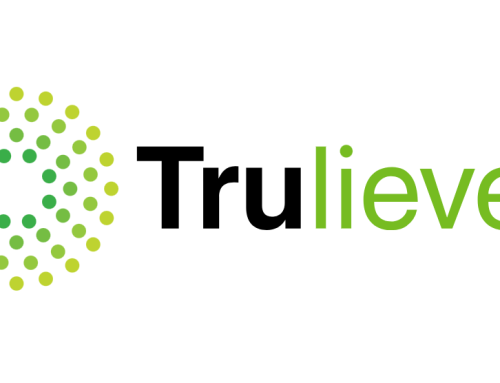California to Implement New Employment Protections for Cannabis Users in 2024
LOS ANGELES- California is set to enact groundbreaking laws that provide new protections for employees who consume cannabis, marking a significant shift in workplace policies since the state’s major cannabis reforms. Starting January 1, 2024, these laws will offer California-based employees considerable safeguards related to their cannabis use.
The key features of the new protections include:
- Protection Against Termination: Employers will be prohibited from firing or refusing to hire individuals based on off-duty cannabis use, as per an amendment to California’s Fair Employment and Housing Act (AB 2188).
- Governor’s Approval: Signed by Governor Gavin Newsom in September, AB 2188 mandates that employment-related drug screening focus solely on detecting on-the-job impairment rather than long-term use.
- Restrictions on Employer Inquiries: Employers will be barred from using evidence of past cannabis use against employees and from asking job applicants about their cannabis consumption history.
However, there are notable exclusions to these protections:
- Exemption for On-the-Clock Use: The law does not permit the use or impairment by cannabis during work hours.
- Specific Job Exclusions: The protections do not extend to jobs in “the building and construction trades” and applicants for federal positions requiring clearance from the U.S. Department of Defense.
Previously, California employers had the discretion to terminate or not hire individuals based on cannabis use, regardless of whether it occurred outside of work hours.
This legislative change in California reflects a broader shift in the U.S. regarding cannabis consumption and employment. In September, a bipartisan measure was advanced by the U.S. House Committee on Oversight and Accountability, allowing cannabis consumers to qualify for security clearances and federal employment.
This new legal framework in California underscores the evolving attitudes towards cannabis use and is a significant step towards reconciling state cannabis laws with employment practices. It highlights the state’s commitment to protecting employees’ rights while balancing the need for workplace safety and federal compliance.

































